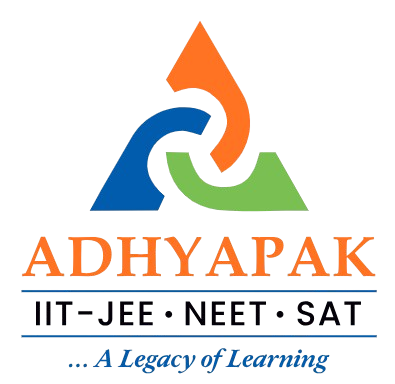Studying isn’t just about putting in hours with your textbooks—it’s about how you study that truly matters. At Adhyapak Junior College, we believe that understanding the science behind effective studying can transform the way students learn and perform. Whether you’re preparing for board exams or competitive entrance tests, adopting scientifically proven techniques can help you retain information more efficiently and reduce stress.
Understanding How Memory Works
Before diving into strategies, it’s important to know how memory functions. There are three key stages in memory:
-
Encoding – The process of absorbing new information.
-
Storage – Keeping that information in your brain over time.
-
Retrieval – Accessing the information when you need it (like during an exam).
Effective studying aims to improve all three stages through active engagement, repetition, and smart learning techniques.
Proven Study Techniques That Work
Let’s explore some science-backed strategies that can help you study smarter, not just harder:
1. Spaced Repetition
Instead of cramming everything in one night, space your study sessions out over several days. This technique strengthens your memory through regular review and helps prevent forgetting.
Try this: Use flashcards or apps like Anki to review key concepts at increasing intervals.
2. Active Recall
Reading and highlighting aren’t enough. Test yourself by recalling information from memory without looking at your notes. This forces your brain to work harder, improving retention.
Try this: After reading a chapter, close the book and write down everything you remember. Then, check what you missed.
3. The Feynman Technique
If you can teach a concept in simple words, you truly understand it. Named after physicist Richard Feynman, this technique involves explaining topics as if you’re teaching someone else.
Try this: Study a topic and then explain it aloud to a friend or even to yourself.
4. Interleaving
Mix different subjects or topics while studying instead of focusing on just one. This trains your brain to switch contexts and improves problem-solving.
Try this: Study physics, then move to chemistry, then back to physics. It may feel harder—but it works.
5. Pomodoro Technique
Our attention span has limits. The Pomodoro technique involves 25 minutes of focused study followed by a 5-minute break. After four “Pomodoros,” take a longer break.
Try this: Use a timer to stay disciplined and avoid burnout.
Create a Conducive Study Environment
Where you study matters just as much as how you study.
-
Find a quiet, clutter-free space
-
Use comfortable seating and good lighting
-
Minimize distractions—keep phones away unless you’re using them for study apps
-
Keep water and healthy snacks handy to stay energized
Take Care of Your Brain and Body
A healthy lifestyle boosts brain function and memory:
-
Sleep: Aim for at least 7–8 hours; sleep consolidates memory
-
Exercise: Physical activity improves concentration and mood
-
Nutrition: Eat brain-friendly foods like nuts, fruits, and leafy greens
-
Mindfulness: Practice deep breathing or short meditations to manage stress
How Adhyapak Junior College Supports Smart Study Habits
At Adhyapak, we integrate modern learning techniques into everyday teaching. Our faculty encourages:
-
Interactive sessions and group discussions
-
Regular quizzes and mock tests for active recall
-
Time management workshops
-
Mentorship for personalized learning strategies
We believe every student can become a smart learner with the right guidance and tools.
Conclusion
Effective studying is a skill anyone can develop. By understanding how your brain works and using smart techniques like spaced repetition, active recall, and interleaving, you can boost your retention and make the most of your study time. At Adhyapak Junior College, we’re here to support your journey with science-backed learning methods and a student-first approach.
Remember—study smarter, not longer, and success will follow.
